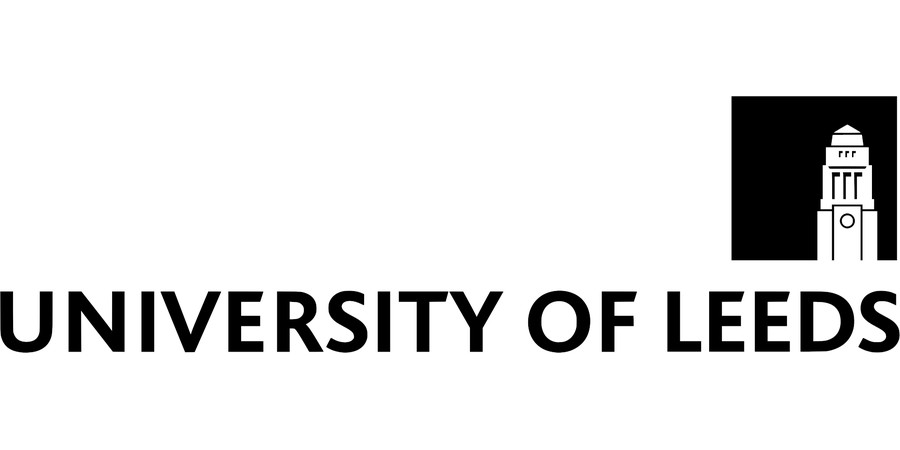Research Fellow in Data-driven Dynamical Models of Earth's Core
University of Leeds - School of Earth and Environment
| Location: | Leeds |
|---|---|
| Salary: | £39,355 to £46,735 per annum (Grade 7) |
| Hours: | Full Time |
| Contract Type: | Fixed-Term/Contract |
| Placed On: | 13th June 2025 |
|---|---|
| Closes: | 23rd July 2025 |
| Job Ref: | ENVEE1816 |
This role will be based on the university campus, with scope for it to be undertaken in a hybrid manner. We are also open to discussing flexible working arrangements.
Are you an ambitious researcher looking for your next challenge? Do you have a background in machine learning or fluid dynamics and an interest in applying your skills to understand the dynamics of Earth’s fluid core and space-weather hazard? Do you want to further your career in one of the UK’s leading research intensive Universities?
We are seeking a Research Fellow to develop new data-driven models of the magnetohydrodynamics of Earth’s core, and to use them to better understand and predict the south Atlantic Anomaly (SAA), a region of weak magnetic field intensity in which spacecraft are exposed to high energy radiation. You will be based in the deep Earth research group within the School of Earth and Environment at the University of Leeds and work closely with Professors Phil Livermore and Chris Davies, collaborating with the British Geological Survey and a variety of external project partners. There will be travel opportunities to work in-person with this network of collaborators, as well as for presenting the research at national and international conferences.
The project is based around constructing physics-informed neural networks (PINNs) to model the fluid dynamics of Earth’s core where the global magnetic field is generated. Based on a series of benchmarks and models simultaneously constrained by the equations of magnetohydrodynamics and global magnetic satellite data from 1999-present, you will infer dynamics and structures hidden from observation, such as the internal flow, magnetic field, temperature, and stratification profile. You will use these models to investigate the underlying dynamics of the SAA, and predict its future and associated space-weather hazard over the next 20 years.
You will have a PhD (or close to completion) in geophysics, physics, applied mathematics or similar highly numerical discipline with a strong background in computational modelling or scientific machine learning. You will also have the ability to conduct independent research and a developing track record of publications in international journals. In addition, you will have excellent communication, planning, and team working skills.
Please note that this post may be suitable for sponsorship under the Skilled Worker visa route but first-time applicants might need to qualify for salary concessions. For more information please visit: www.gov.uk/skilled-worker-visa.
For research and academic posts, we will consider eligibility under the Global Talent visa. For more information please visit:https://www.gov.uk/global-talent.
What we offer in return
- 26 days holiday plus approx.16 Bank Holidays/days that the University is closed by custom (including Christmas) – that’s 42 days a year!
- Generous pension scheme plus life assurance – the University contributes 14.5% of salary.
- Health and Wellbeing: Discounted staff membership options at The Edge, our state-of-the-art Campus gym, with a pool, sauna, climbing wall, cycle circuit, and sports halls.
- Personal Development: Access to courses run by our Organisational Development & Professional Learning team.
- Access to on-site childcare, shopping discounts and travel schemes are also available.
And much more!
To explore the post further or for any queries you may have, please contact:
Email: Professor Phil Livermore
Tel: +44 (0)113 3430379
Email: p.w.livermore@leeds.ac.uk
Advert information
Type / Role:
Subject Area(s):
Location(s):









